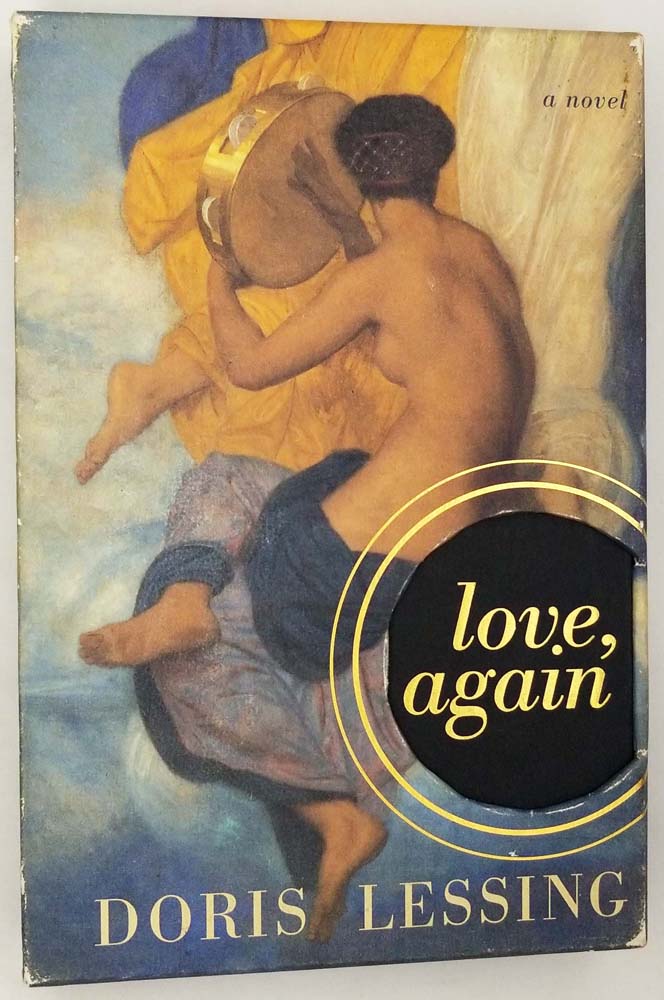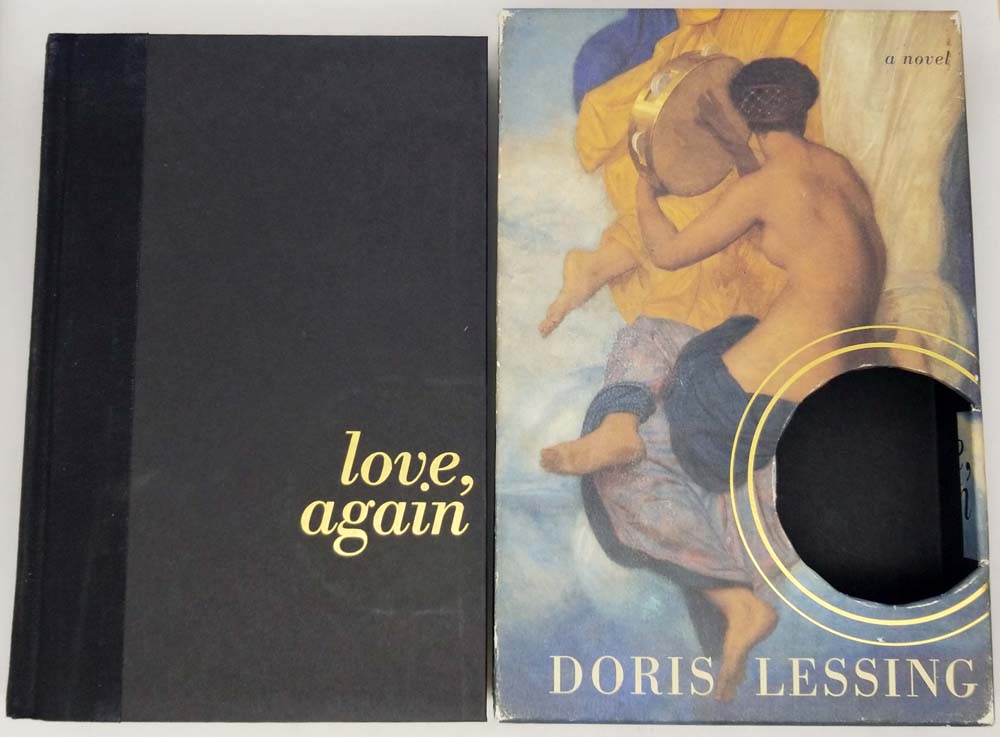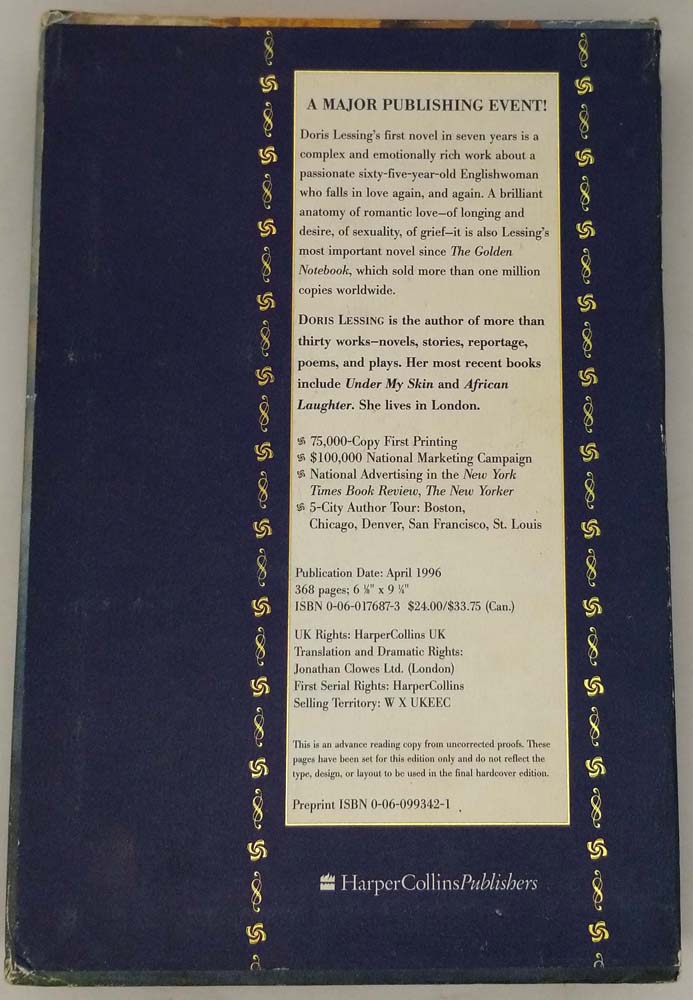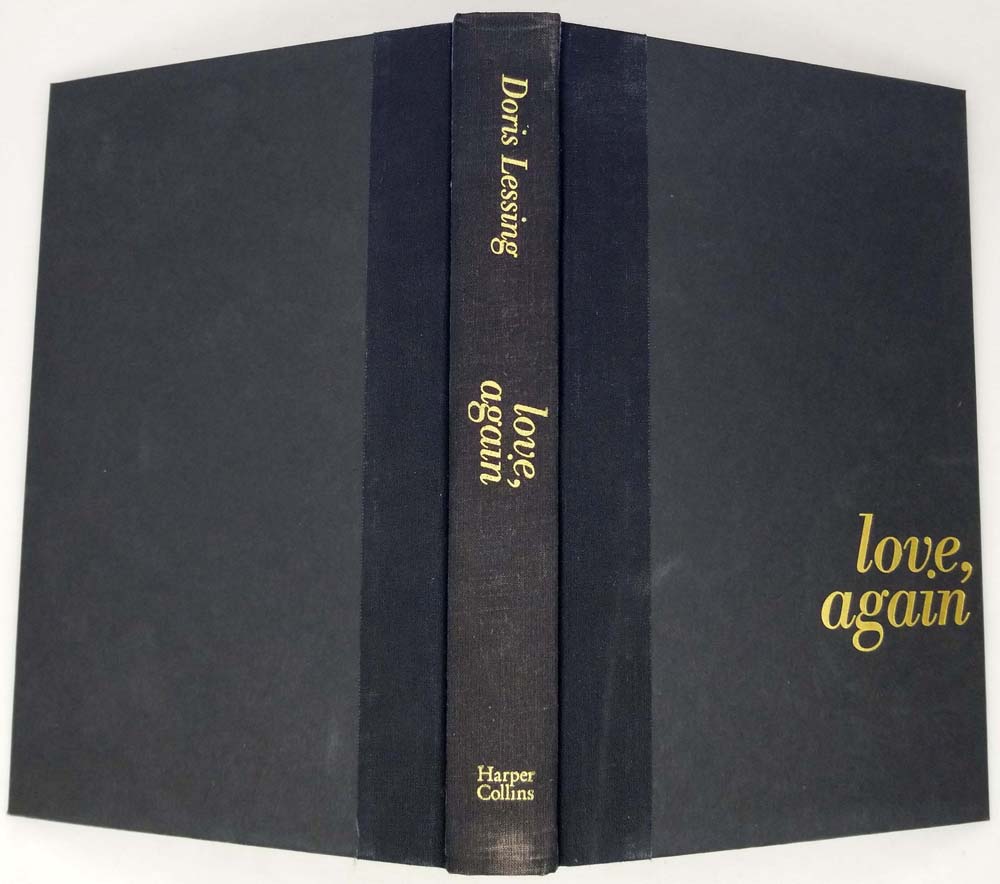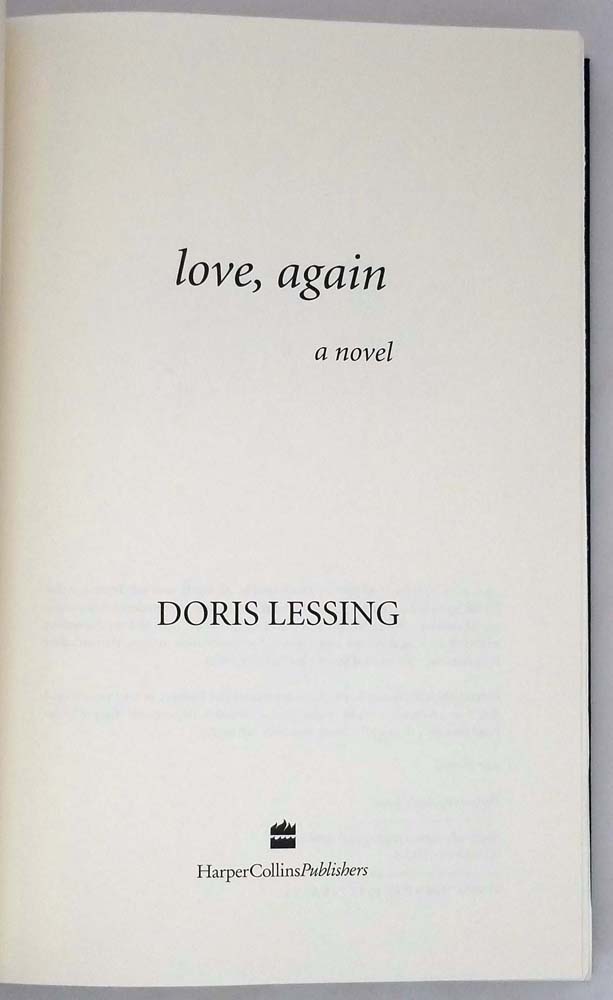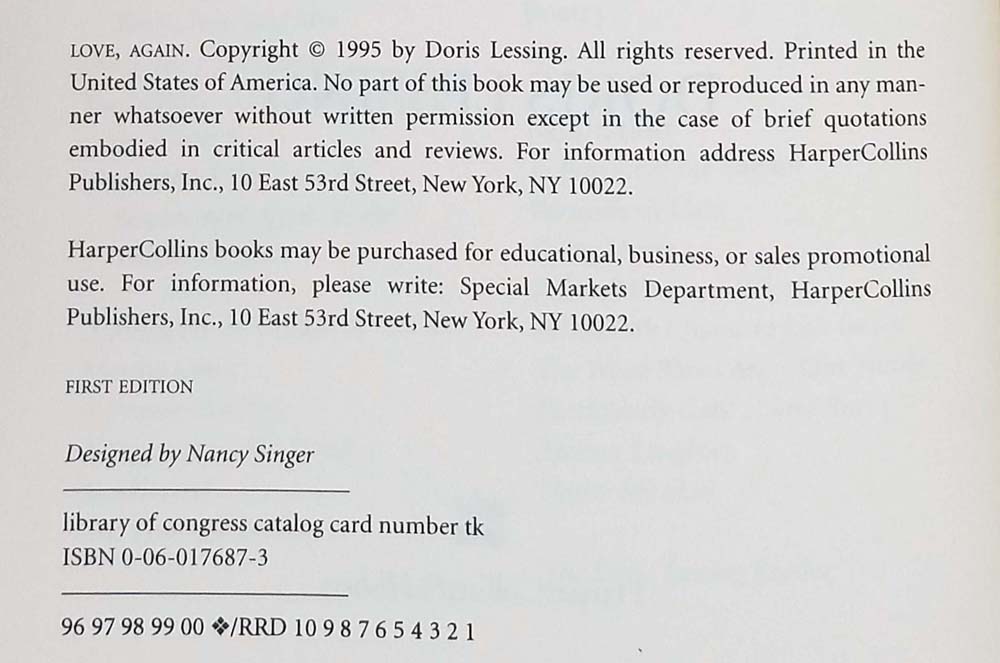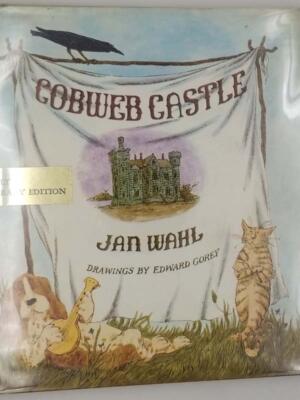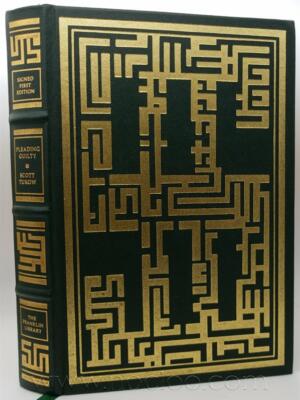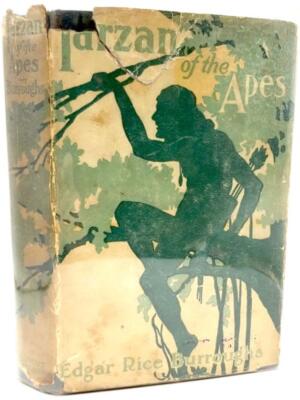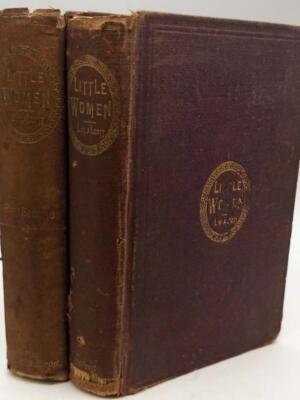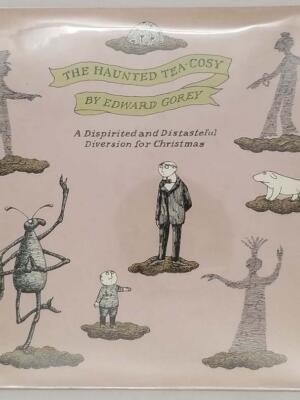Love, Again (1996) by Doris Lessing is a poignant exploration of love, aging, and artistic passion, weaving together the lives of two women separated by a century but connected by unfulfilled desire. The novel alternates between Sarah Durham, a 65-year-old London theater producer mounting a play about Julie Vairon, a charismatic 19th-century French-Caribbean composer and artist whose tragic love affairs ended in suicide. As Sarah becomes obsessed with Julie’s diaries, she finds herself unexpectedly consumed by a late-life infatuation with a younger actor, mirroring Julie’s own destructive passions.
Lessing’s unflinching prose dissects the illusions and compulsions of love, questioning whether romantic yearning is a creative force or a delusion. Themes of gender, colonialism, and the artist’s sacrifice resonate through both timelines, with Julie’s mixed-race identity and Sarah’s feminist pragmatism clashing against societal expectations.
A masterful late-career novel from the Nobel laureate, Love, Again is for readers who crave psychological depth and unconventional love stories.
